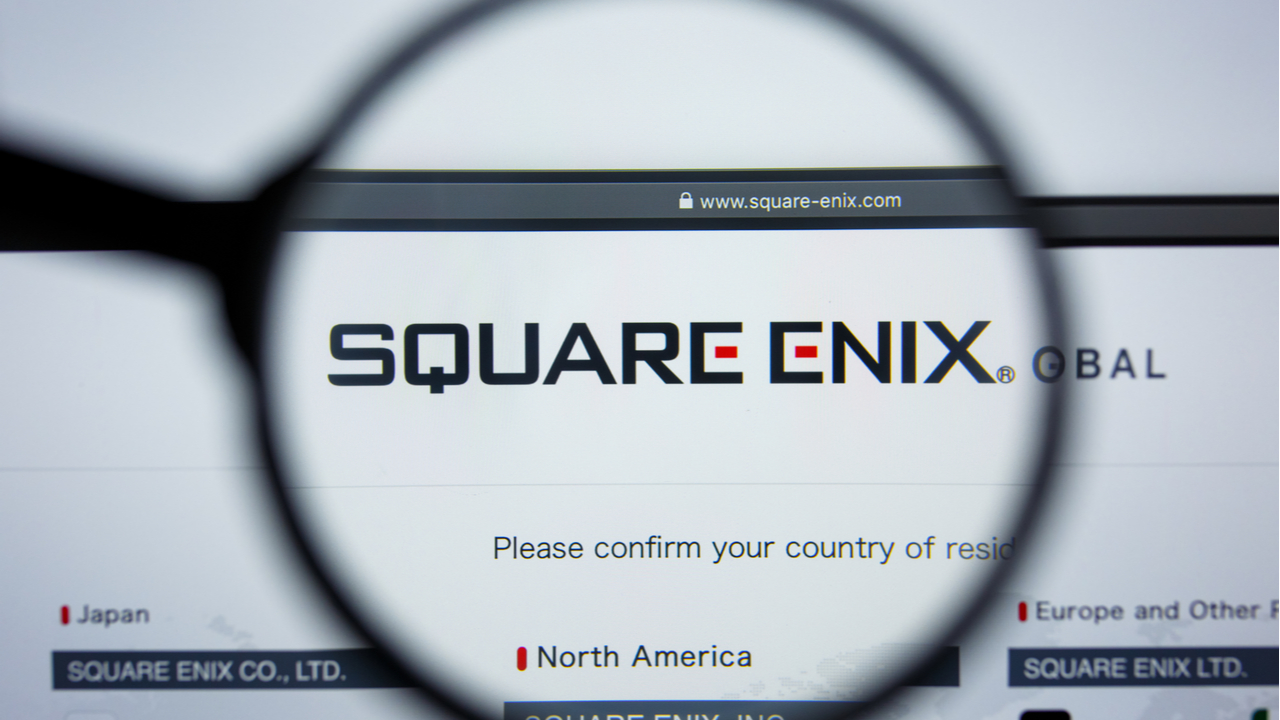Leading Game Development Company President, Yosuke Matsuda 2022 New Years Letter Talks Metaverse, NFTs and Blockchain Gaming
In the gaming space, Yosuke Matsuda, president of Square Enix, has expressed his opinion about new technologies and trends, like NFTs, blockchain gaming, and the metaverse concept. Matsuda describes how Square Enix plans to integrate them into upcoming games as part of their future business strategy.
Square Enix Reveals New Tech Strategy
Yosuke Matsuda, the president of Square Enix, the game company behind multibillion-dollar franchises like Final Fantasy, has detailed the next steps when it comes to including new, blockchain-based technologies in his plans for the new year. In a new year’s letter, Matsuda explains that these new technologies, including non-fungible tokens (NFTs) and the concept of the metaverse, had a rise during the last year, and that these will evolve to a more actionable phase during this year.
Matsuda remarked the importance of these to their overall business strategy, stating:
As this abstract concept begins to take concrete shape in the form of product and service offerings, I am hoping that it will bring about changes that have a more substantial impact on our business as well.
As a consequence of this, the president pointed that the company is conducting aggressive research and development (R&D) efforts and investments in areas that include blockchain gaming and artificial intelligence (AI).
The Incentives of Decentralized Gaming
Matsuda makes a distinction between traditional gaming (what he calls “play-for-fun”), and the new blockchain gaming that has been called “play-to-earn,” (P2E) giving the incentives that some of these games have to earn a token through game actions. This is what distinguishes centralized gaming, which focuses on a unidirectional data flow (from creator to consumer) to craft stories, from decentralized gaming, where the user will have a more involved role through the economy created by the token incentives.
This will enable modders, that are third parties that modify games in order to make them better or include more elements, to go from a purely contributional scheme to really earning by their constructions in the game. Matsuda explains:
From having fun to earning to contributing, a wide variety of motivations will inspire people to engage with games and connect with one another. It is blockchain-based tokens that will enable this. By designing viable token economies into our games, we will enable self-sustaining game growth.
However, the inclusion of these new elements in traditional gaming has been received negatively thus far. GSC Game World, a smaller company, had to recently abandon its intention of including NFT elements in Stalker 2, an upcoming game, after facing a negative reception from the public. Ubisoft, another leading developer, faced a similar problem, when the reveal of its NFT marketplace, Quartz, received 95% of negative reactions on Youtube.
What do you think about the vision of Square Enix about blockchain elements in traditional gaming? Tell us in the comments section below.
Sergio Goschenko
Sergio is a cryptocurrency journalist based in Venezuela. He describes himself as late to the game, entering the cryptosphere when the price rise happened during December 2017. Having a computer engineering background, living in Venezuela, and being impacted by the cryptocurrency boom at a social level, he offers a different point of view about crypto success and how it helps the unbanked and underserved.
Image Credits: Shutterstock, Pixabay, Wiki Commons
Disclaimer: This article is for informational purposes only. It is not a direct offer or solicitation of an offer to buy or sell, or a recommendation or endorsement of any products, services, or companies. Bitcoin.com does not provide investment, tax, legal, or accounting advice. Neither the company nor the author is responsible, directly or indirectly, for any damage or loss caused or alleged to be caused by or in connection with the use of or reliance on any content, goods or services mentioned in this article.


